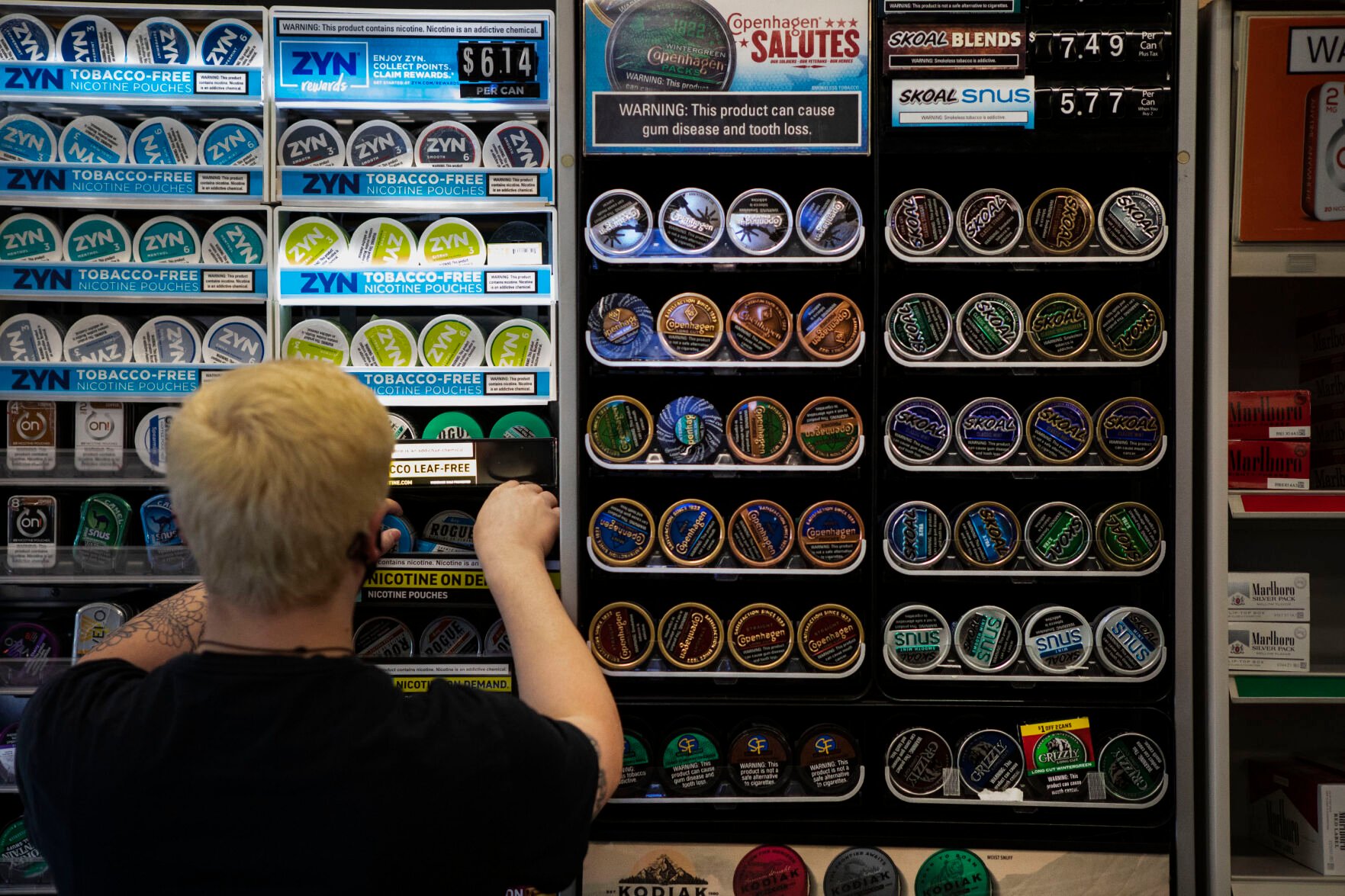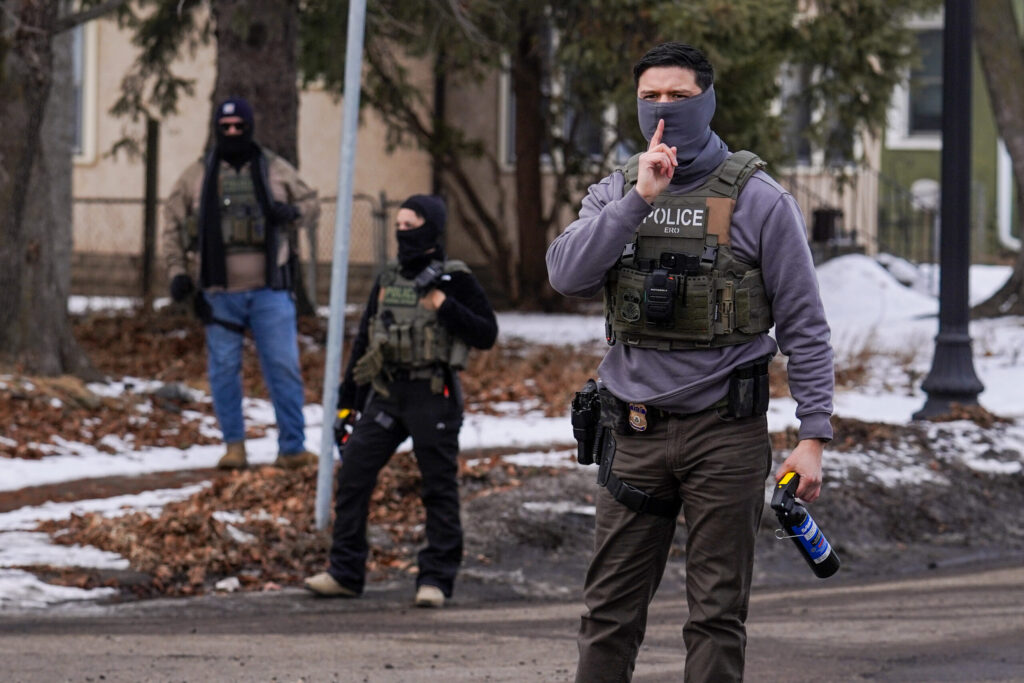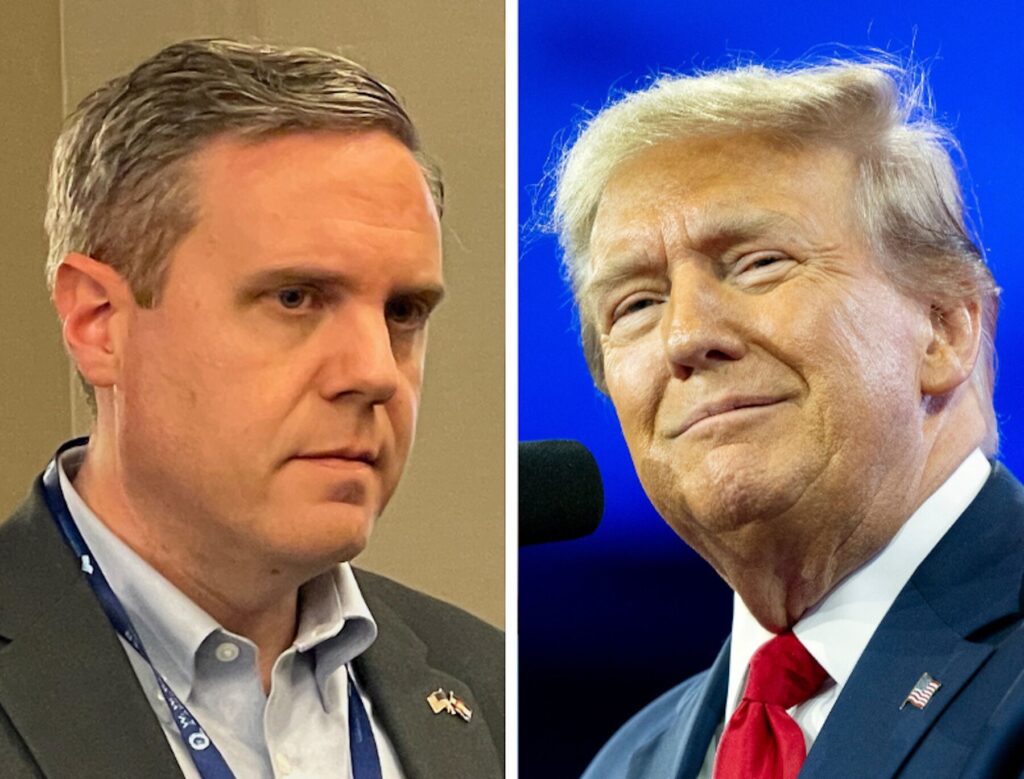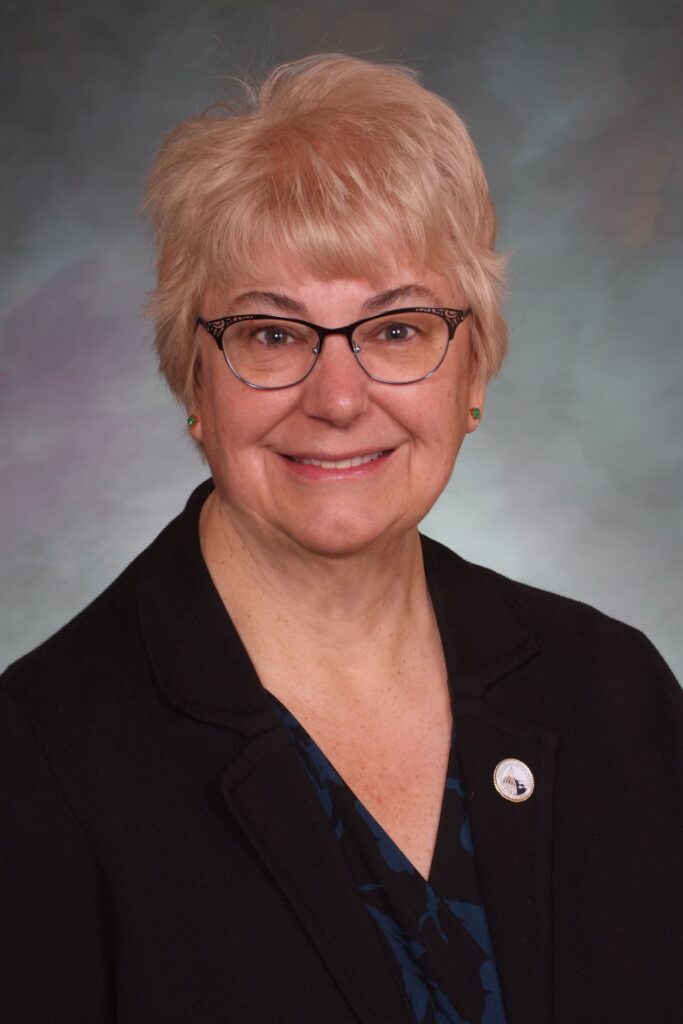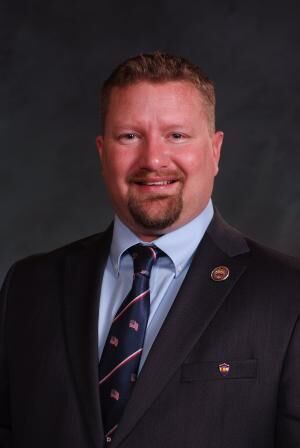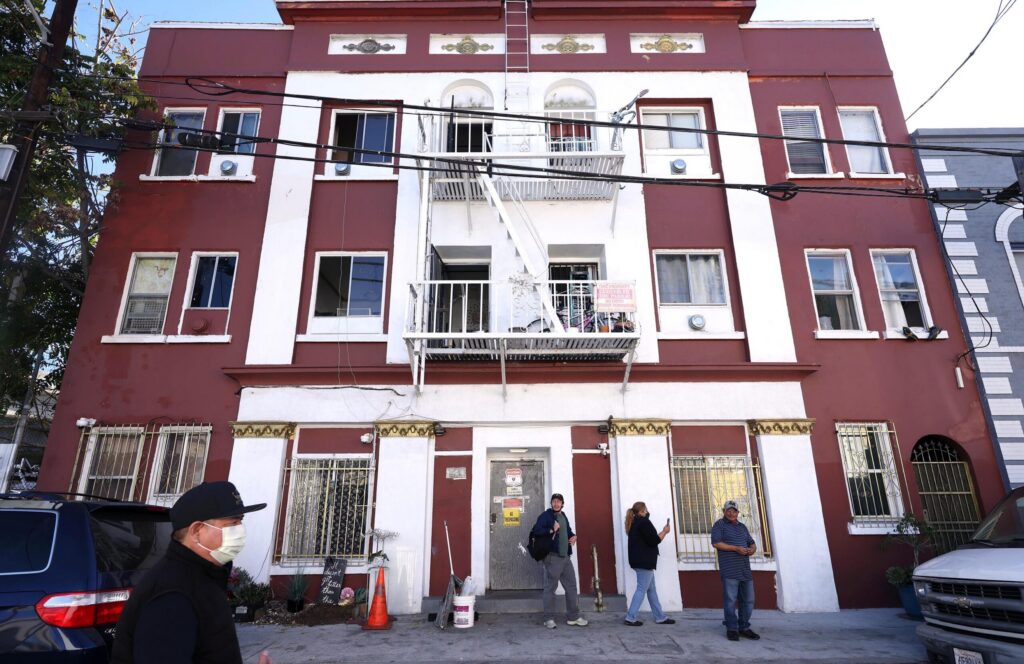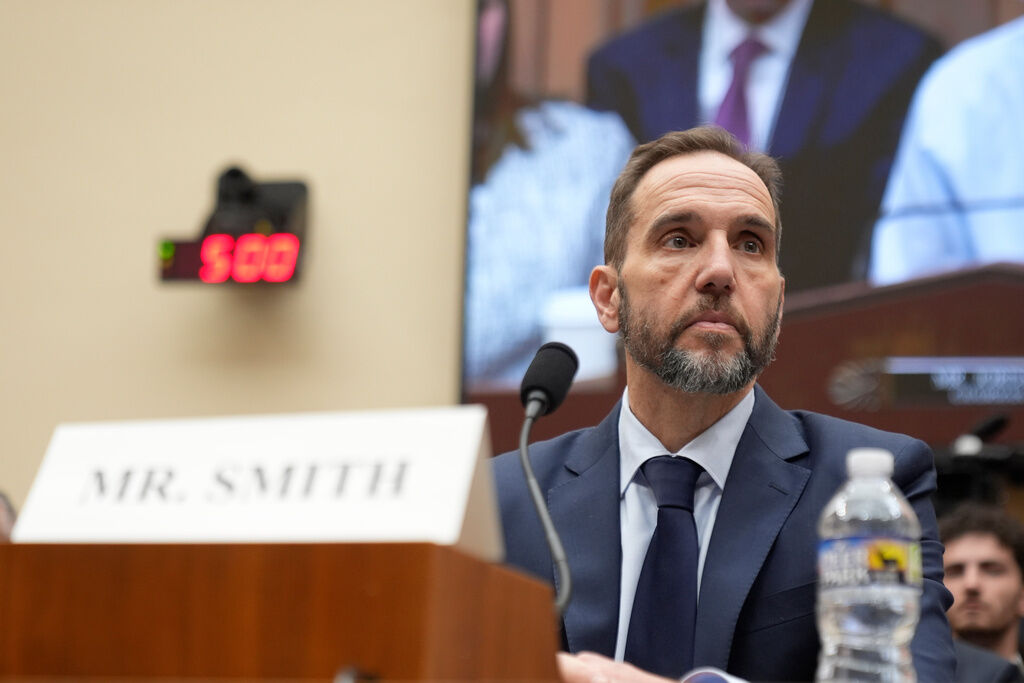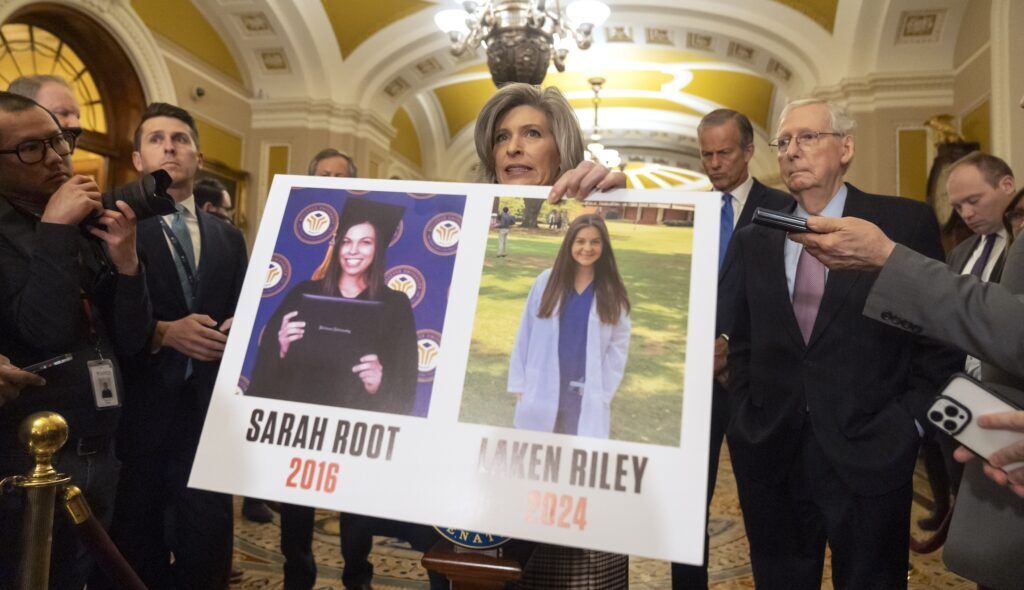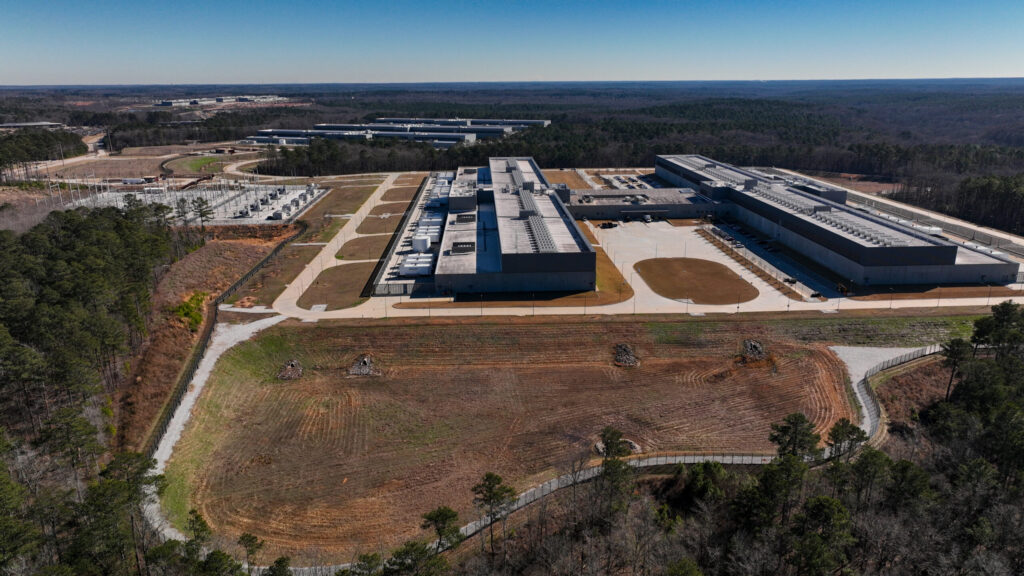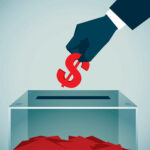Colorado House OKs flavored tobacco ban with exemptions for hookah, cigars, pipes
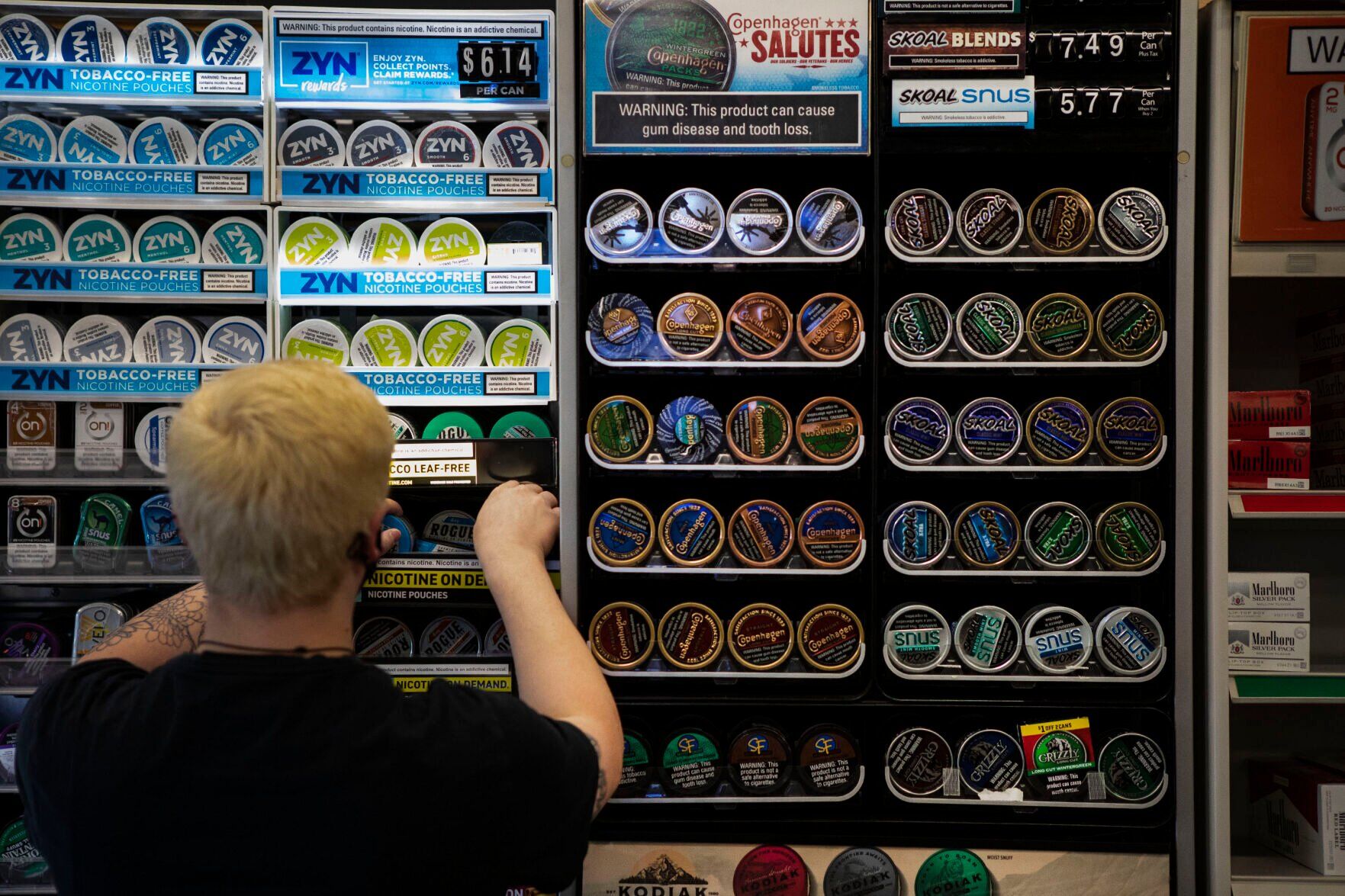
After months of debate and amending, a bill to ban the sale of flavored tobacco products passed the state House Wednesday – with a list of added exemptions.
House Bill 1064 aims to curb youth tobacco and nicotine use by prohibiting the sale of flavored products such as vapes, e-cigarettes, menthol cigarettes and chewing tobacco beginning in 2024. Since its introduction, the bill has been changed to exempt hookah products, premium cigars and pipe tobacco.
The House approved the bill in a 35-27 vote on Wednesday, sending it to the Senate for consideration. During the vote, bill sponsors described youth tobacco use as an “epidemic” in Colorado that requires immediate and severe action.
“We have a whole generation that has become addicted to these products and we have a whole generation that continues to become addicted to these products,” said bill sponsor Rep. Kyle Mullica, D-Federal Heights. “The way to addiction has been through flavors. We have to do something about that, and that’s what we’re doing here.”
In Colorado, 28.9% of high school students use electronic vapor products like vapes and e-cigarettes, according to the most recent Youth Risk Behavior Survey from 2019. Of tobacco users between 12 and 17 years old, 81% said they started by using flavored products and 79% said they use a product because it comes in flavors they like, according to a federal study.
Supporters of the bill said it is essential to protecting the health of Colorado’s youth, but opponents said the added exemptions are unfair and contradict the bill’s mission. On Wednesday, all Republican representatives and four Democrats voted against the bill.
Rep. Richard Holtorf, R-Akron, said lawmakers approved exemptions for special interest groups such as the wealthy who smoke premium cigars, but ignored concerns from others.
“When this bill originally started, it was all about protecting health,” Holtorf said. “Now, because of special interests, we want to make exceptions. … You start to compromise even the basic, original intent. What are we really doing?”
Holtorf proposed a failed amendment to exempt rural and frontier counties from the ban. Other Republican lawmakers unsuccessfully tried to exempt menthol cigarettes, unstamped cigarettes and all products sold in age-restricted stores – the last of which passed in committee in March but was reversed by a different committee in April.
During a public hearing on the bill, businesses stood in firm opposition to the ban. Several owners and employees of local vape and tobacco stores said 98% of their tobacco and nicotine products are flavored, meaning the ban would force them to go out of business.
Others said the ban would lead to tobacco and nicotine users buying flavored products online or out of state, taking away the tax revenue from Colorado. The ban as drafted was expected to decrease state revenue by $37.1 million in 2022 and $38.6 million in 2023, according to state estimates.
“There’s no way to control this,” said Rep. Hugh McKean, R-Loveland, who introduced most of the amendments trying to limit the ban in the House. “There’s no way to control how you have access.”
However, supporters such as doctors, parents and teenagers described a dire state in Colorado with frequent vaping in middle and high schools.
Some youths who testified during the public hearing spoke of children vaping during class and blowing smoke into their backpacks, while others said they’ve heard rumors of their peers providing sexual favors to adults over 21 in exchange for vape cartridges.
“We’re coming up to a point where not only our school staff is overwhelmed, but also families along with students,” said bill sponsor Rep. Jennifer Bacon, D-Denver. “This is not only something we need to do for our kids, but it’s something we need to do for the state.”
Under the bill, any store caught selling prohibited flavored tobacco or nicotine products would be subject to the same penalties as a retailer caught selling to minors.
The bill would also appropriate $10 million to the Department of Public Health and Environment’s Prevention Services Division, which would award two-year grants to organizations providing wraparound services in communities disproportionately affected by targeted tobacco and nicotine marketing.
